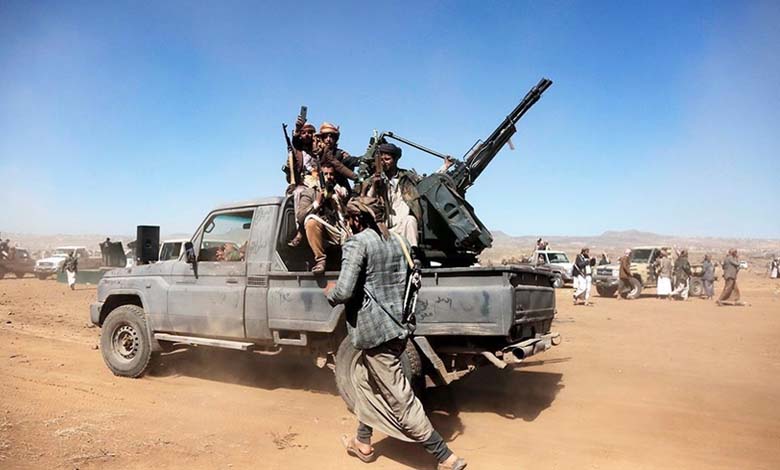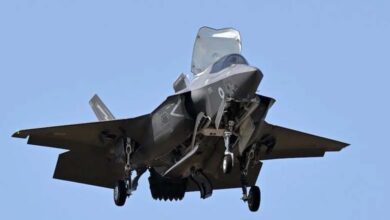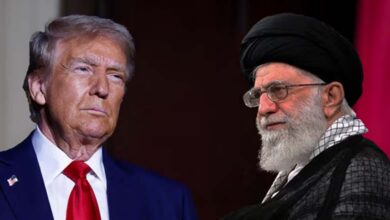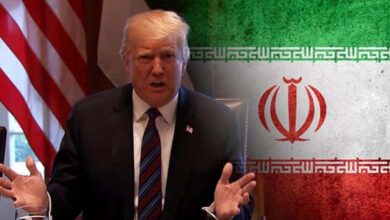Are the Houthis Risking the Ceasefire Agreement with Washington to Support Iran?

The Houthi movement appears set to play a prominent role in the indirect response to the U.S. strike on Iran’s nuclear facilities, as part of a broader Iranian strategy aimed at raising the cost of confrontation for the United States in the region, according to an analytical article published by Middle East Online.
-
Has Mossad Penetrated the Houthis’ Operations Room?
-
The Houthis Under Financial and Military Siege: Will Iran Come to Their Rescue?
This escalation could potentially undermine the unofficial ceasefire agreement between Washington and the Houthis, which had previously been announced by the U.S. president and drew criticism, particularly from allies such as Israel.
The Houthis condemned the American strike, calling it a “brutal and cowardly aggression” and a clear violation of international law. They accused the United States of providing unlimited support to Israel and asserted that retaliation is inevitable and will come at the appropriate time. According to Middle East Online, these developments are likely to reignite tensions in the Red Sea, where the Houthis enjoy a strategic position and possess advanced military capabilities, including drones and precision-guided missiles provided through direct Iranian support.
-
The Muslim Brotherhood Crush the Last Line of Defense Against the Houthis… and Open a New Front Against Marib’s Tribes
-
Houthis’ Opening of a Vital Road Between Sanaa and Aden Reflects a Tactical Shift
The Houthi threats go beyond rhetoric. The group has hinted at targeting American vessels in the Red Sea should the U.S. persist in its support for the campaign against Iran.
Houthi officials said that the decision to retaliate was made independently by the movement, though it aligns perfectly with Tehran’s interests, which seeks to activate its regional proxies to ease direct pressure on itself.
-
Houthis Continue Their Crimes and Turn Yemen Into a Battleground for Iranian Conflicts
-
Houthis Impose Naval Blockade on Haifa Port
It is not unlikely that the response will expand to include attacks on U.S. bases in the Gulf or vital infrastructure in Washington’s allied countries, aiming to create strategic disruption and force the United States to reassess its options. In a later statement, the Houthi-run government in Sanaa described the U.S. strike as a “declaration of war on the Iranian people” and pledged full support for the readiness of its armed forces to respond to any escalation.
The anticipated escalation by the Houthis signals a dangerous new phase of open confrontation that could threaten the safety of international navigation in the Red Sea and the Bab el-Mandeb Strait. It may also open the door to a new wave of complex regional conflicts, amid growing signs of volatility and international silence, with warnings that the region may be on the brink of a point of no return.












